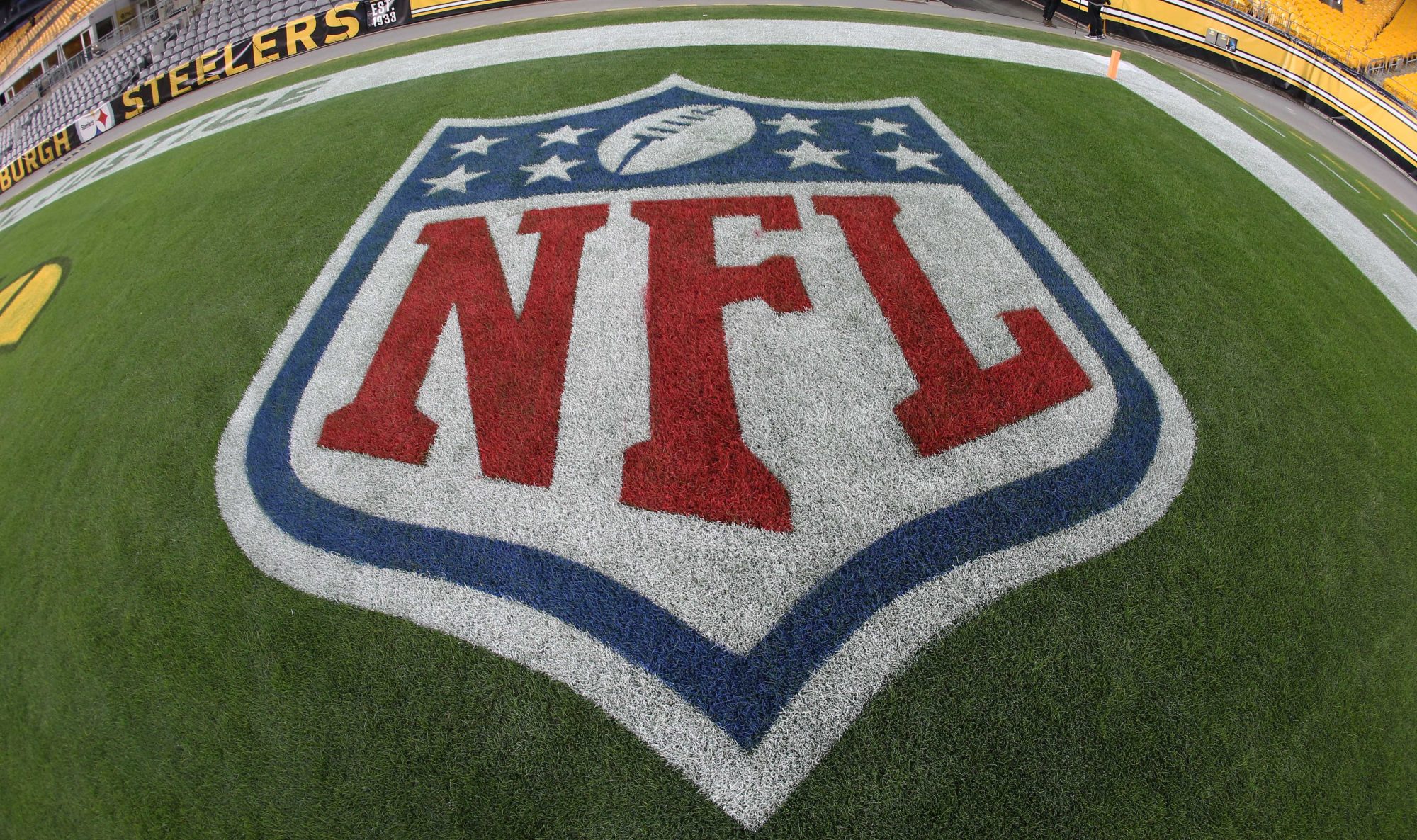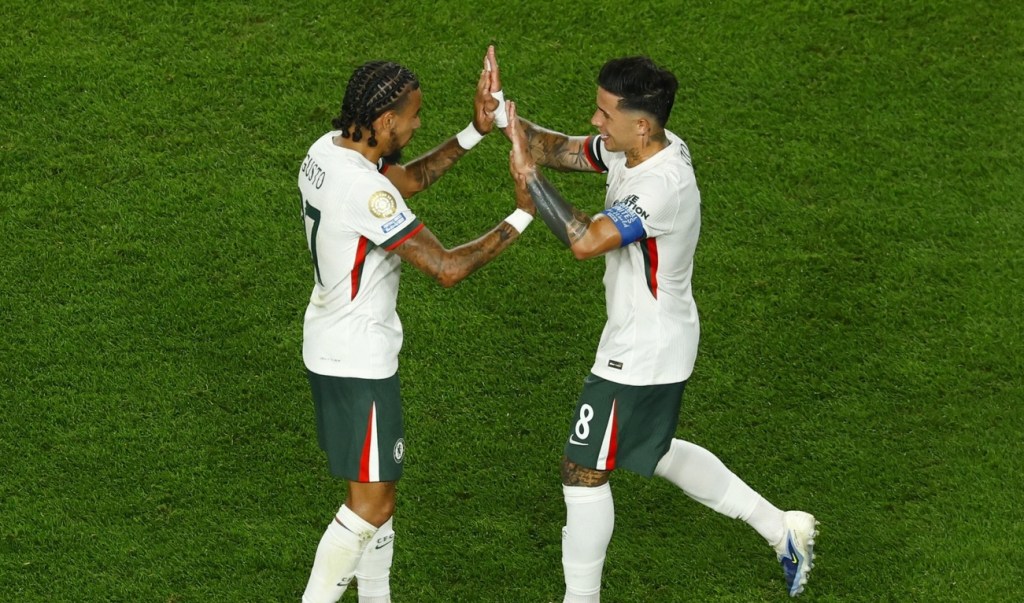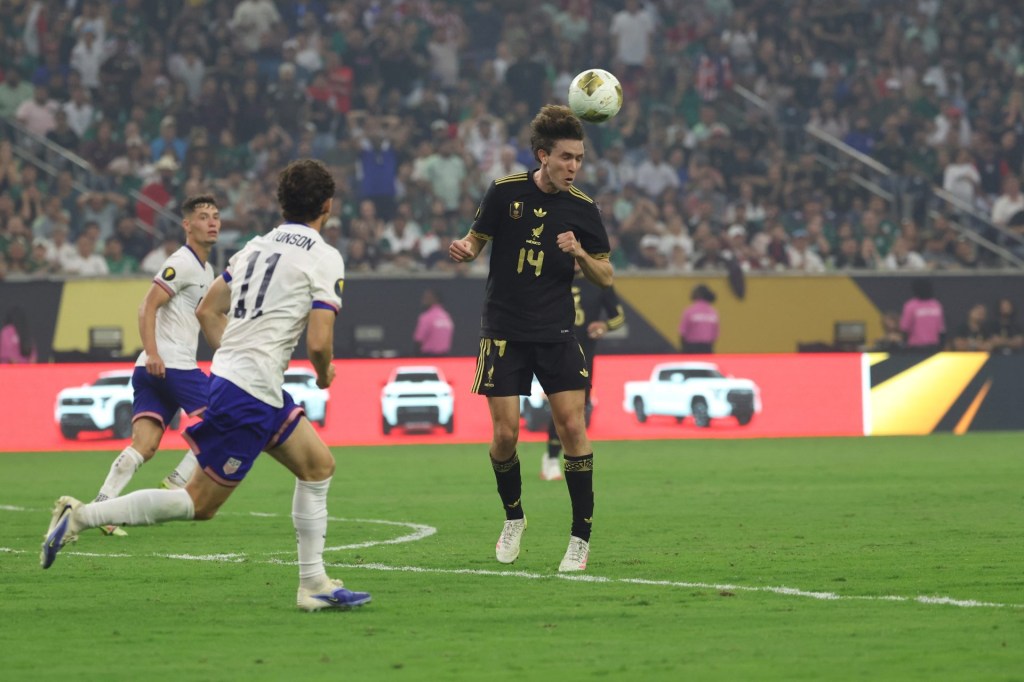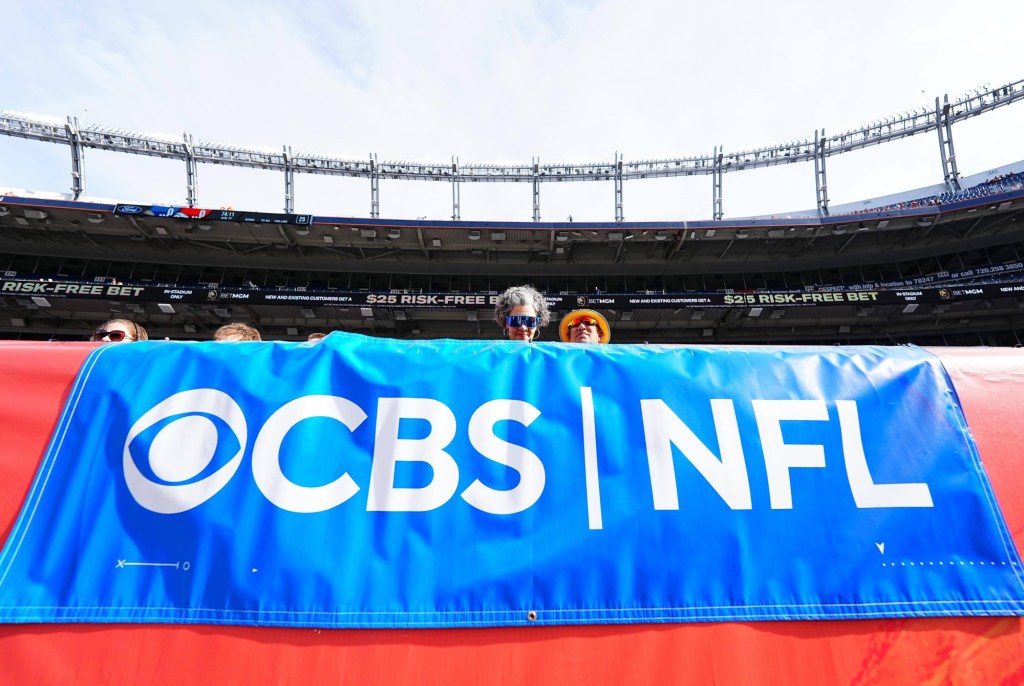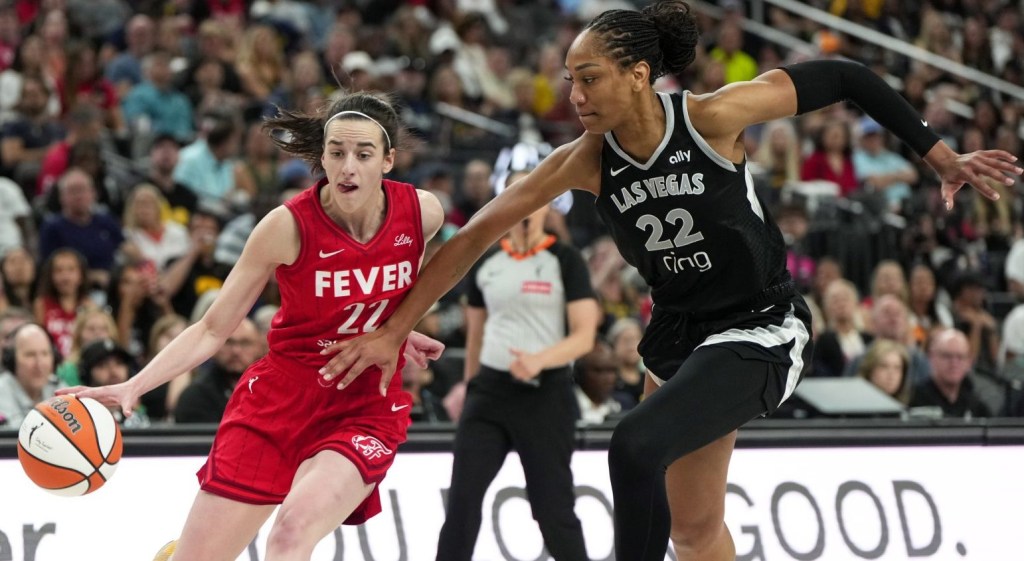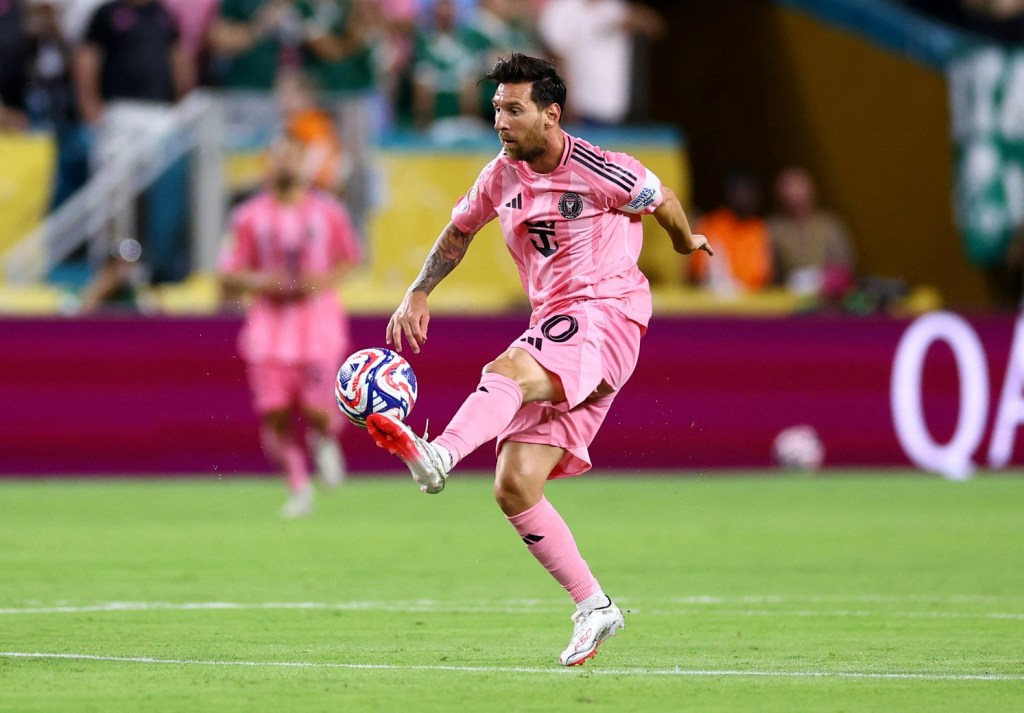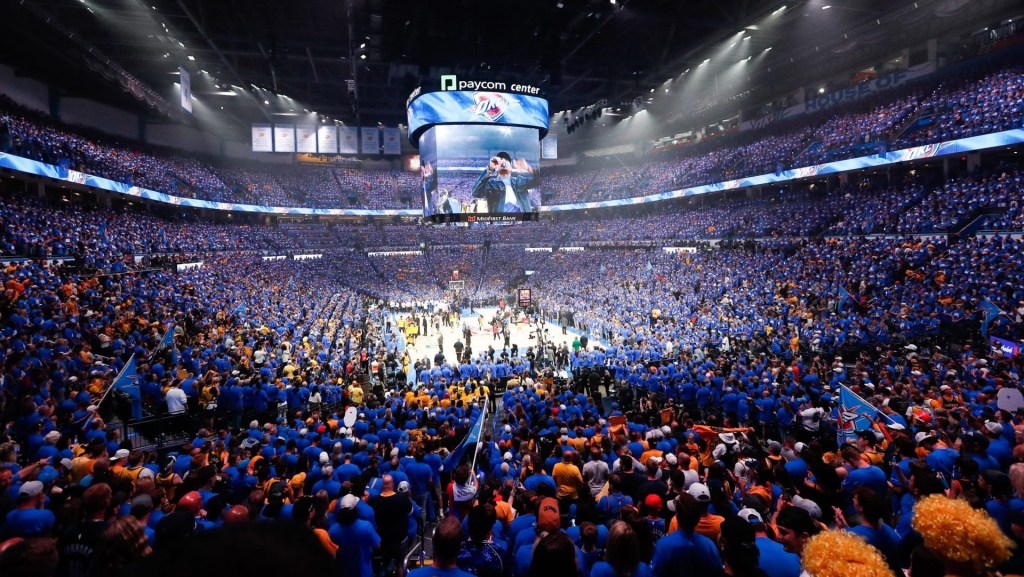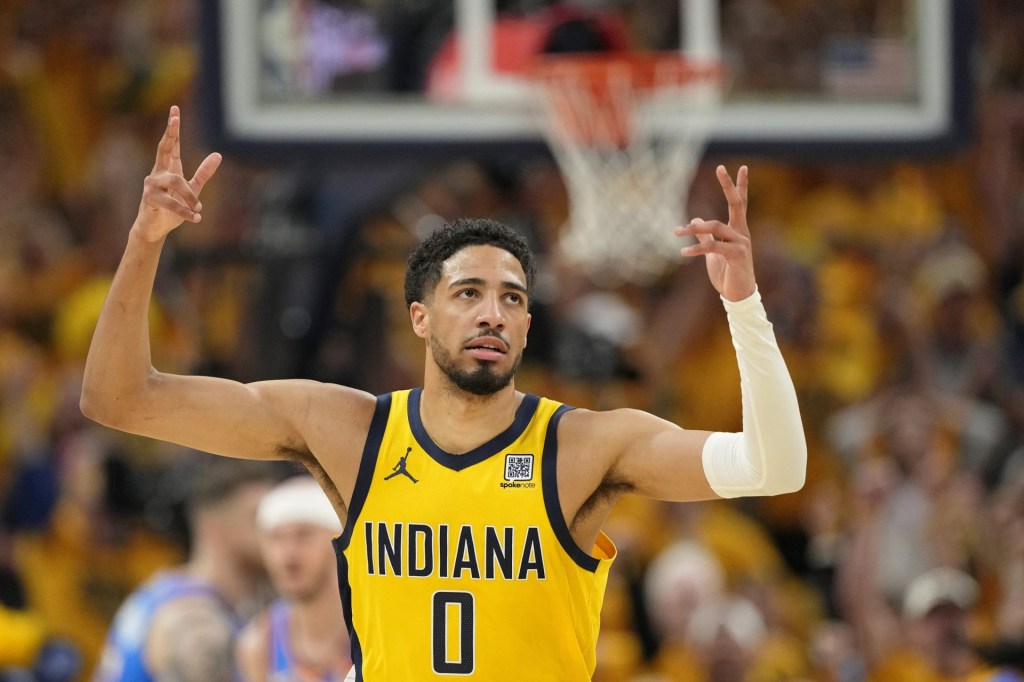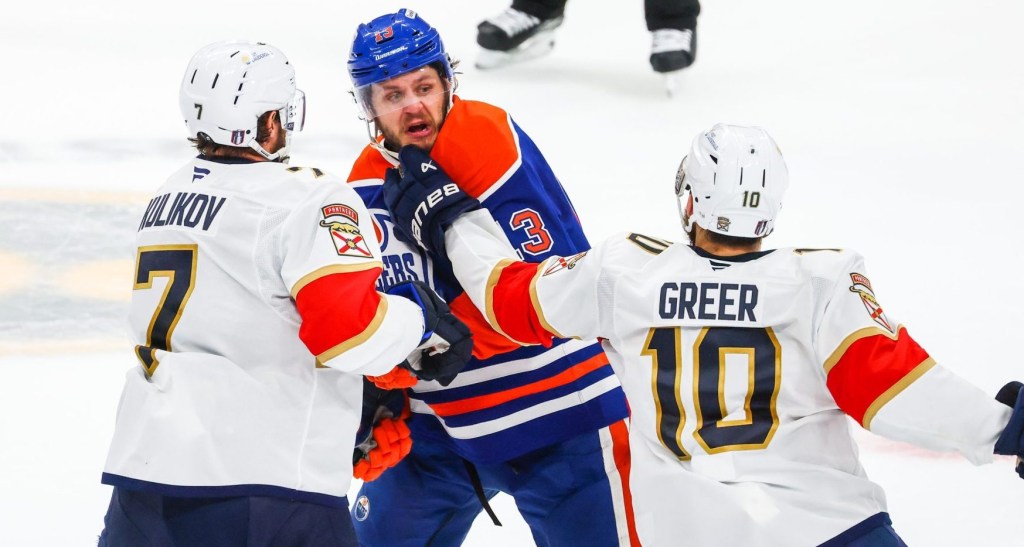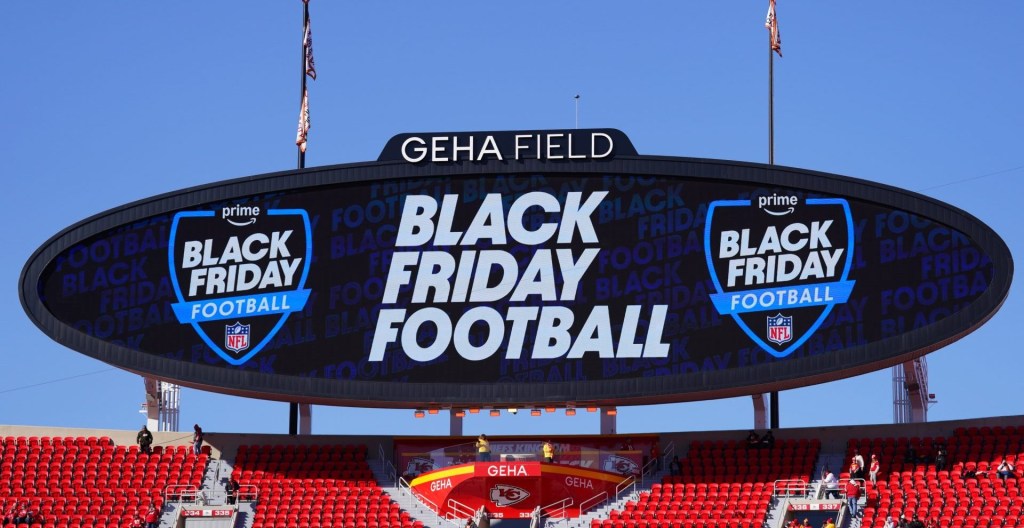The NFL is likely to lose the ongoing class action trial in Los Angeles brought by bars, restaurants, and individuals who allege the league illegally inflated NFL Sunday Ticket’s cost and required subscribers to purchase all the available games rather than a lesser number, legal experts tell Front Office Sports.
The nine-year-old case has flitted between the district court, which dismissed it at one point, and the 9th Circuit Court of Appeals, and even the Supreme Court. But barring a settlement—which is still a possibility—the sports law specialists said the current trial, which started last week, is unpromising for the NFL.
“The plaintiffs have a very good chance here, at least, of establishing some basis for relief at the trial stage,” Jodi Balsam, a former NFL lawyer and current sports law professor at Brooklyn Law School, told FOS. “Juries have been notoriously skeptical of big sports and have not been friendly to the NFL in past antitrust trials. … So I think that does not bode well for the NFL. It’s going to be very hard to explain to a jury how the economics of broadcast distribution require some sort of collaboration among sports teams.”
The plaintiffs—of which there are tens of thousands, if not hundreds of thousands of possible class members—argue that the NFL is violating antitrust law by not allowing teams to individually sell their own out-of-market game rights. For example, a Dallas fan living in Boston who wants to buy just Cowboys games. The subscribers also contend the league artificially inflates the cost to please its network partners, which view Sunday Ticket as competition. The plaintiffs are seeking as much as $7 billion in damages, which would be tripled under federal law.
The NFL’s network broadcasts, like the Sunday afternoon contests on CBS and Fox, are immune from antitrust review under the 1961 Sports Broadcasting Act (SBA). But that law does not cover satellite or digital distribution, at least not on its face.
The NFL makes several arguments defending the 29 years that DirecTV distributed Sunday Ticket and the first year of YouTube TV’s run. First, the network contracts with CBS and Fox include terms dictating aspects of the Sunday Ticket deal, such as how many network games can air in-market and how the service is marketed. So the NFL’s position is that these contracts are intertwined and covered under the SBA.
“Plaintiffs are directly challenging the NFL’s broadcast agreements with CBS and FOX,” the NFL wrote last year in its motion to toss the case, which the judge rejected. “Indeed, all of their theories of injury and damages depend on eliminating or fundamentally altering those agreements. But those agreements cannot be challenged or altered consistent with the SBA.”
A key aspect of any antitrust case is whether the action or product under scrutiny is pro- or anti-competition. The league also argues that its media policies are pro-competitive because NFL games are regularly the most watched broadcasts each year (93 out of the top 100 telecasts last year), and most contests are on free television.
Mark Conrad, director of the sports business program at Fordham University’s Gabelli School of Business, summarizing the NFL’s position, told FOS, “The strongest argument is this is a very efficient system that reflects the interest of the fans, of the league and of the networks. … ‘Why play with it for the relatively few people who really do want to see their teams elsewhere? Yes, we offer a Rolls-Royce package. It’s expensive, but you know what, when all is said and done it’s the cost of maybe tickets for a family of four to one NFL game.’”
Sunday Ticket has more than one million subscribers, so “relatively few” is debatable, though they do represent significantly less than the tens of millions of viewers who tune in weekly to watch NFL games on other providers.
Like Balsam, Conrad expects the plaintiffs will win the trial given the case has reached this point, and expressed surprise the NFL had not settled.
Chris Deubert, a sports lawyer with Constangy, Brooks, Smith & Prophete, told FOS it is a close call which side has the better argument. The NFL model is one in which teams share revenues, such as from Sunday Ticket, equally, which the league in turn says contributes significantly to success. “But that doesn’t mean that it’s acceptable under antitrust law,” he said.
Antitrust law has long grappled with how far teams within a sports league can go in collaborating. There is general acceptance that areas like game rules and other on-field concerns require cooperation. And clear labor antitrust violations like a draft or limits on free agency are exempt if collectively bargained with a players’ union. But in 2009 the Supreme Court overturned a lower court decision that had ruled a contested commercial deal of the NFL’s was immune from antitrust review because its 32 teams were not competitors. The high court ruled instead that NFL commercial agreements were not automatically exempt from antitrust scrutiny.
When the Supreme Court in 2020 declined to hear the NFL’s appeal of the 9th Circuit’s reinstatement of the case, however, Justice Brett Kavanaugh authored a side opinion in which he wrote, “[A]ntitrust law likely does not require that the NFL and its member teams compete against one another with respect to television rights” because “[t]he NFL and its member teams operate as a joint venture.”
That opinion is not binding, but the league is likely taking some comfort in his take as it eyes an appeal if it loses the trial.
“They probably are relying a lot on Kavanaugh’s statement,” Deubert said about why the NFL has not settled.
Balsam also said the league could argue that because the games sold through Sunday Ticket are the same as those shown regionally on Fox and CBS, they are covered under the SBA. And she added the Supreme Court has ruled indirect purchasers cannot bring antitrust claims. In other words, when the NFL sold the games to DirecTV and then sold the games to the plaintiffs, the subscriber-NFL relationship was indirect. Thus the plaintiffs should only be allowed to sue DirecTV (those parties are in arbitration), according to Balsam.
“It’s a technical argument that has led to dismissal of many antitrust cases in the past, and this may be the error the 9th Circuit made that can save the day for the NFL in any further future appeals,” Balsam said.
The trial judge, Philip Gutierrez, rejected these arguments in his dismissal of the NFL’s summary judgment motion to rule in their favor and terminate the lawsuit. “It’s a judge who’s been bench-slapped by the 9th Circuit and told this case, ‘Get to trial,’” Balsam said. “So no judge wants to be reversed, so he’s going to be careful and play by the rules the 9th Circuit set.”
The trial started last week and could stretch several more. NFL commissioner Roger Goodell, and key owners on the media committee, like Patriots owner Robert Kraft, may testify.
